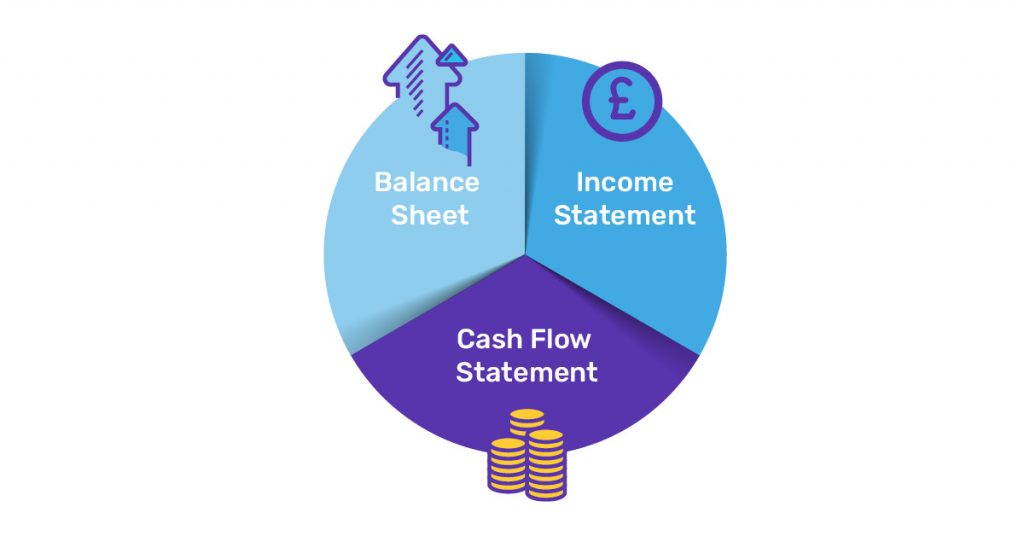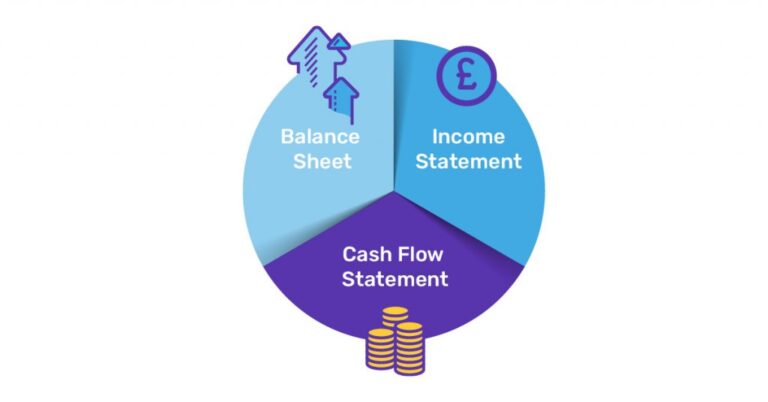A compelling business plan is essential for any startup aspiring to attract investment and thrive in a competitive landscape. To ensure your business plan stands out, it must effectively integrate three key elements: correctness, consistency, and credibility. Correctness involves providing accurate and well-researched information and ensuring that all data and projections are reliable and verifiable.
Consistency means maintaining a coherent and unified approach throughout the document, where all sections align with the overall business strategy and objectives. Credibility means presenting your plan to build trust, demonstrating a thorough understanding of your market, and showcasing a well-thought-out strategy.
Mastering these aspects enhances your chances of making a strong impression on potential investors and lays a solid foundation for long-term business success.
Understanding the Importance of a Business Plan
A business plan is crucial for any startup, serving as a detailed blueprint for success. It offers investors a clear and structured overview of your business model, including how you plan to generate revenue and manage resources.
By presenting your market potential, financial projections, and strategic plans, you provide a snapshot of your startup’s viability and growth prospects. A meticulously crafted business plan does more than just outline your goals; it showcases your ability to implement them effectively, demonstrating a deep understanding of your market and a well-thought-out strategy. This comprehensive presentation helps attract investors and steer your startup towards achieving its objectives.
1. Be Correct: Ensure Comprehensive and Accurate Information
Provide All Necessary Details
When preparing a business plan, precision is crucial. Investors seek a comprehensive and meticulously detailed presentation encompassing every critical aspect of your business. Here’s a detailed breakdown of what to include:
- Executive Summary: This section should briefly overview your business concept, including your mission statement and primary objectives. It’s your opportunity to capture the essence of your business and make a compelling case for why it’s worth investing in.
- Market Analysis: Offer in-depth insights into your target market, including analysing industry trends, customer demographics, and market needs. This section should demonstrate a clear understanding of the market landscape and your position within it.
- Competitive Analysis: Conduct a thorough examination of your competitors. Detail their strengths and weaknesses and clearly articulate your competitive advantage. This analysis should highlight how your business stands out from the competition and address gaps in the market.
- Product or Service Description: Clearly explain what your business offers, emphasising its unique selling points and how it meets the needs of your target market. This section should outline your products or services’ benefits and value proposition.
- Operational Plan: Describe the logistics of your business operations, including your location, facilities, technology, and supply chain management. This section should detail how you will run your business daily and manage operational challenges.
- Marketing and Sales Strategy: Outline your strategies for reaching your target audience, generating leads, and closing sales. This includes your marketing tactics, sales channels, and promotional activities to drive growth.
- Financial Projections: Present detailed forecasts of your revenue, expenses, and profitability. Include financial statements such as cash flow, balance sheets, and income statements. This section depicts your financial outlook and business viability.
Anticipate Investor Questions
To ensure your business plan is effective, anticipate the questions and concerns that investors might raise. Proactively address potential issues and provide solutions within your plan. This approach showcases your thoroughness and fosters confidence and trust with potential investors.












